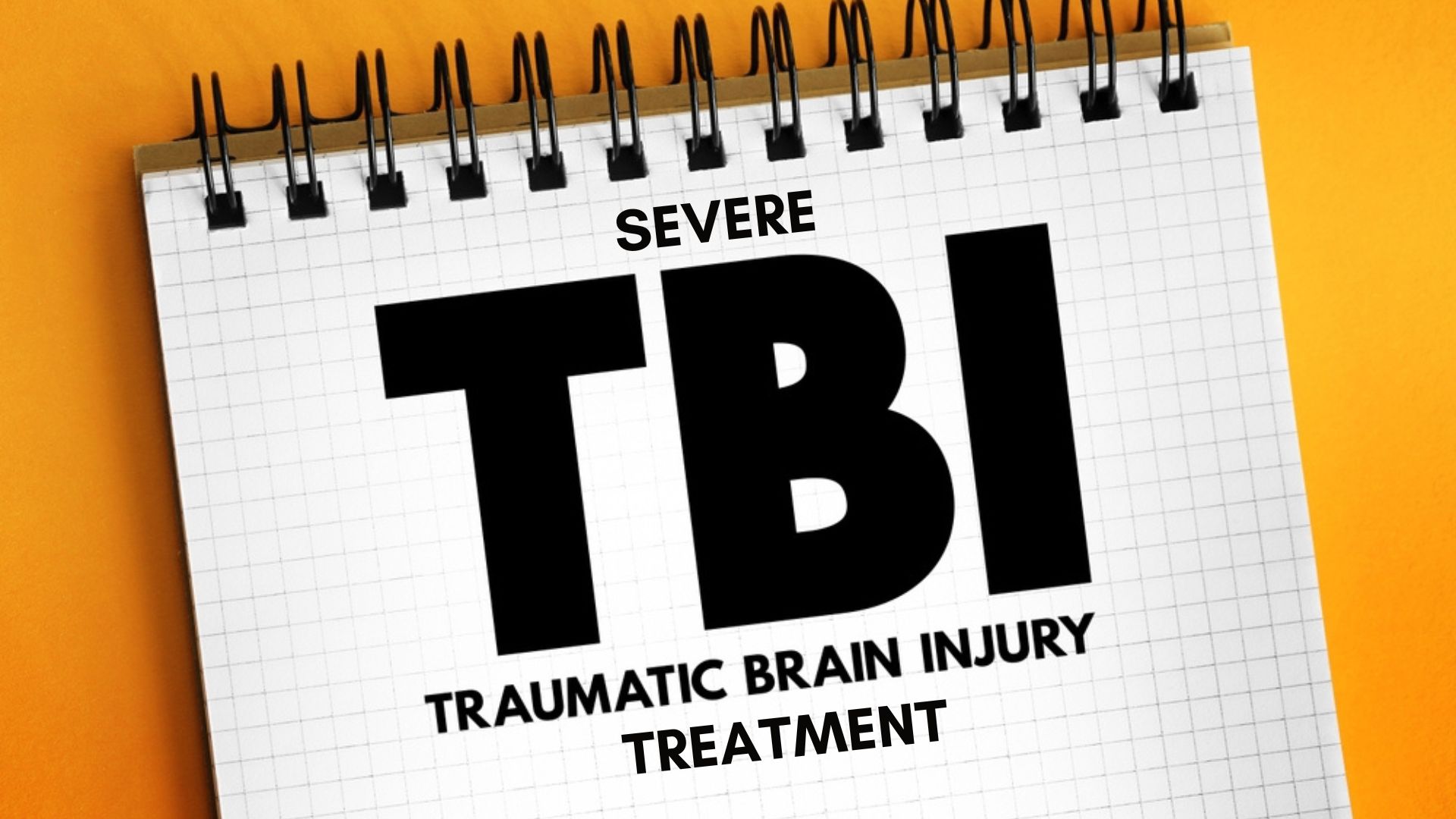The pandemic restrictions, in particular social and physical distancing, have led to feelings of isolation. While this can be difficult for all individuals, it can be particularly devastating for those with brain injuries and other neurological illnesses.
Individuals already suffering from aspects of physical and social barriers might be experiencing the symptoms of their injury or illness more intensely during lockdown. The good news is that evidence shows that mindfulness therapy helps improve symptoms of brain injury and neurological illness.
The Effects of Mindfulness Therapy on Brain Injury
Brain Injury Canada states that 452 Canadians suffer a serious brain injury every day. Brain injuries can occur to anyone at any time. This type of injury refers to any damage to the brain that occurs after birth and is not congenital or degenerative in nature.
Depending on the type and severity of injury a variety of symptoms and deficits can occur, a host of physical, cognitive and behavioural symptoms can result from a brain injury. The long term and lasting effects of these type of injuries can significantly alter a person’s quality of life. These symptoms can vary from fatigue, headaches and dizziness to decreased attention, memory and executive functioning.
The cornerstone of mindfulness practice is the ability to stay in the present moment in a non-judgmental and compassionate way. Mindfulness therapy allows sustained and focused attention to the breath or to the body through a variety of meditation, imagery or relaxation practices.
After any life changing injury, it is common for thoughts, worries and fear to get in the way of everyday functioning. Focusing on these thoughts and worries can often lead to more stress and a vicious cycle of increased physical tension and anxiety leading to increased pain and disrupted sleep. With mindfulness practice, the focus is shifted to the breath and the body to minimize the negative effects of ruminating thoughts to one’s well being.
You may also enjoy reading: Can Mindfulness Improve Brain Health?
Mindfulness therapy helps to train a specific area of your brain known as the dorsolateral prefrontal cortex, an area that is important in executive functioning, memory and attention.[i] This enhanced activation has many positive components particularly in the brain injury population.
Research supports that mindfulness meditation practices can lead to improved attention and improved memory.[ii] An increased attention to a task or to one’s body can lead to increased self awareness, self regulation and emotional resilience.
Fatigue, chronic pain, and headaches can all be long term effects of brain injury. With mindfulness practice an awareness of the body and attention to symptoms can lead to improved management of symptoms.
In a systematic review of mindfulness therapy in neurological disorders including brain injury, stroke and multiple sclerosis, evidence supported the reduction of fatigue, through the associated improvements in attention and self regulation to counteract the effects of fatigue.[iii] The authors propose that these symptoms are also mitigated by the positive effects mindfulness has on reducing stress and depressive symptoms that can occur with fatigue.
Chronic pain and management of physical symptoms can also be part of the long-term consequences of brain injury. A systematic review found that mindfulness meditation can improve pain, depressive symptoms and quality of life.[iv]
Mindfulness Therapy Provides Relief: Don’t Suffer in Silence
If you have a brain injury or neurological illness and you are experiencing difficulty managing the symptoms, especially in light of the pandemic, there are solutions that can help.
Mindfulness therapy provides an intervention to help manage the various effects of brain injury. At Propel Physiotherapy we offer mindfulness therapy, in person and through virtual rehab, that is tailored to meet the unique needs of brain injury survivors.
References
[1] Brain regions connect after mindfulness training, Go American Mindfulness Research Association
[4] Hilton, L. Hempel, S. Ewing, B. et al. Mindfulness Meditation for Chronic Pain: A Systematic Review and Meta-analysis. Annals of Behavioural Medicine. Volume 51, Issue 2, April 2017, Pages 199–213,
Written by








